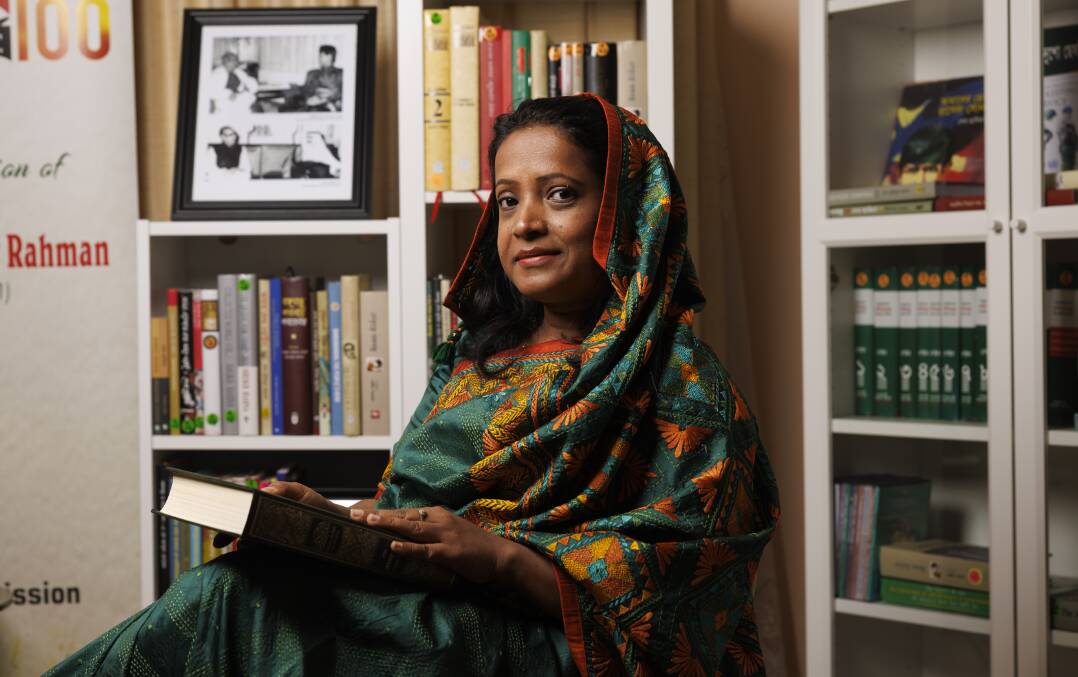The plight of the Palestinian people is in the thoughts of many local Muslims this Ramadan.
For Canberran Nayeem Rubaiyet, it's hard not to feel morally connected to those suffering in the conflict.
"We are celebrating, my daughters are going to school, and in another part of the world, children are dying every minute," she said.

"As a Bangladeshi, we are in full support of Gaza and Palestine, and we really express our sadness for the situation there.
"It's inhuman, whatever the religion, it cannot be accepted."
Local believers pray for their brothers
In the Canberran Ahmadiyya Muslim community, special prayers have been offered every day for those affected by the conflict.
Imam Ahmed Nadeem said the community has been advocating for the Palestinian people and preaching open dialogue.
"We shouldn't look at them as being different, we shouldn't judge them by their tribe, their religion, or the colour of their skin," he said.
"They are human beings, and we should have that pain when a child is orphaned, when a woman is widowed, when parents lose a child.
"When we pray with special prayers, it has to be with emotion."

The international Ahmadiyya community has launched the Voices for Peace campaign, which aims to bring an end to the war in Gaza.
Still room for celebrations
Ramadan is a month of fasting and contemplation for the Muslim community, commemorating the revelation of the Qur'an to the Prophet Mohammed.
Believers fast from sunrise to sunset, with no water or food allowed to pass their lips.
For many Muslims, it's the equivalent of the Christian Christmas, but for a whole month.
It's a time to pray and reflect on one's own behaviour, and to act generously towards those less fortunate.
For Errum Baig from the Ahmadiyya community, there's still a way to go to educate her fellow Canberrans on Ramadan.
"For people who don't know, they think, oh you can still drink water, and I say no, nil by mouth!" she said.
"People are still shocked, they think not having water for the whole day will give you a headache, but if you have the will, you can do it.

"And for people who can't do it, for example pregnant women, kids and people who are sick, there are other things they can do."
For Daniyah Munir, age 14, and Nadi Ahmed, age 10, the best part of Ramadan is getting together with the community.
"I like Ramadan because most often we come together as a community and we get to talk to each other," said Nadi.
"We also get to get closer to God, and do more righteous things, like maybe giving charity or reading more of the Holy Qur'an."







